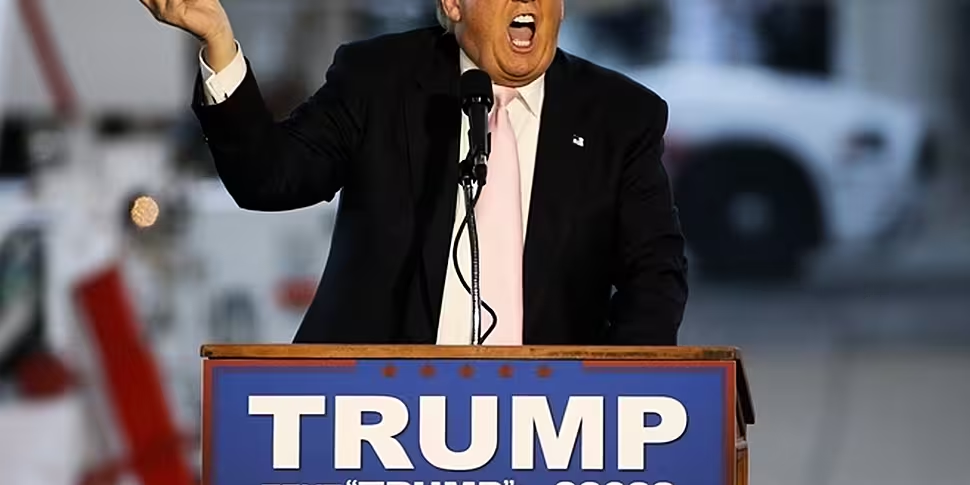When Donald Trump first announced his campaign to run for the Republican presidential nomination, most people believed that it was a shot to nothing, and somewhat of a joke.
Now, as the front-runner in the race and a large number of delegates already secured thanks to strong performances in primaries and caucuses across the nation, Trump's campaign has become something of a phenomenon.
What makes it so unusual is the difficulty with which political scientists and analysts try to explain his success, despite predictions that he had little or no chance when he first announced his candidacy.
Trump's rhetoric has been strongly criticised by figures both inside and outside the GOP, including President Barack Obama, and his rallies have started to turn violent as protesters clash with those in attendance.
Given that turn and the fact that he is widely disliked, according to a recent Gallup poll, how can his rise to the top of the pile for the Republican party be explained?

Speaking to Futureproof, Rick Shenkman, journalist, historian and author of Political Animals: How Our Stone-Age Brain Gets in the Way of Smart Politics, believes it may have something to do with the way in which he connects with many of his devoted followers.
"He is appealing to voters' basic instincts: fear of the outsider," said Shenkman "and what's happening is he is overriding anybody's normal higher cognitive order thinking. The human brain was designed to meet the problems that hunter gatherers faced in the Stone Age, and those are not the problems we're facing today".
Shenkman added that Trump's rhetoric, which has often been found to be factually inaccurate, appeals to a base desire of our brains:
"We don't really want the truth, we want our version of the truth. Belief trumps facts every time. When a person has a strong view of how the world works, and a politician tries to tell them [differently], our brain immediately goes into a defensive mode [...] and your brain will figure out a million ways to prove you're right".
Given that Trump appeals to those visceral instincts which exist in all of us, why isn't he resonating with a larger proportion of the voters? For Shenkman, the answer lies once again in the power of the human brain.
"Our brain is capable of sending rocket ships to the moon, so we don't always have this emotional Stone Age brain, we also have neocortex layered on top of it; that really helps us do higher-order thinking. For some people, that higher-order thinking comes more easily because they have more knowledge.
"If you have little knowledge and you don't pay that much attention to politics, then the perceptual salience will be what you are hearing at that particular moment. So, if you go to a Donald Trump speech and he starts talking about threats, you're only going to be responding to the knowledge of those threats".
The key strength of politicians who appeal to that part of the brain is to create a sense of fear, adds Shenkman, saying that it leaves people open to manipulation if you can appeal directly to their emotional brain and make them feel vulnerable.
Shenkman also stated that the most successful politicians often share one trait: they are good storytellers.
"Our brain is designed to make us extremely receptive to stories, and we make up stories to try to account for reality as we understand it. So the politicians who are the best storytellers are very often the most victorious politicians because they are giving us explanations, and that's what our brain wants."









